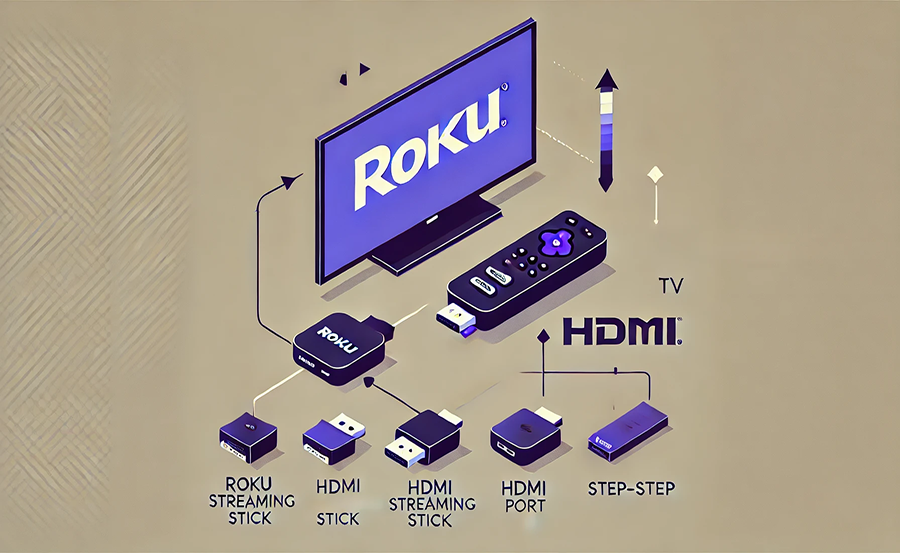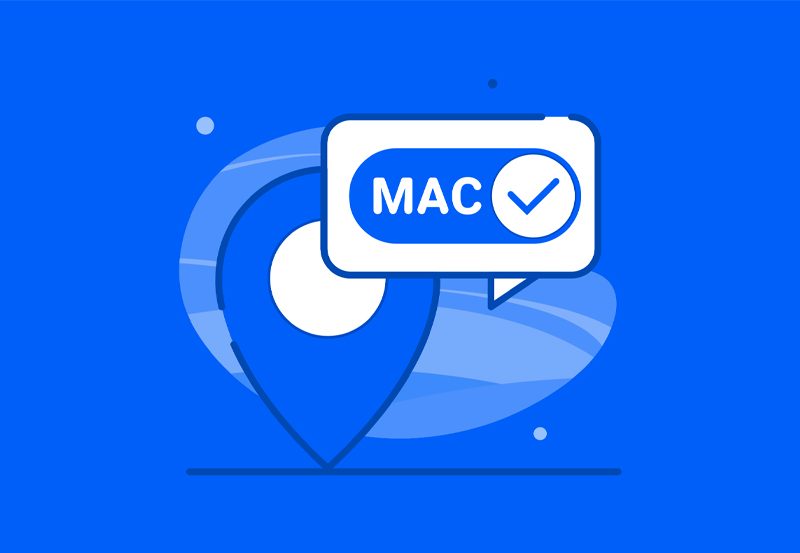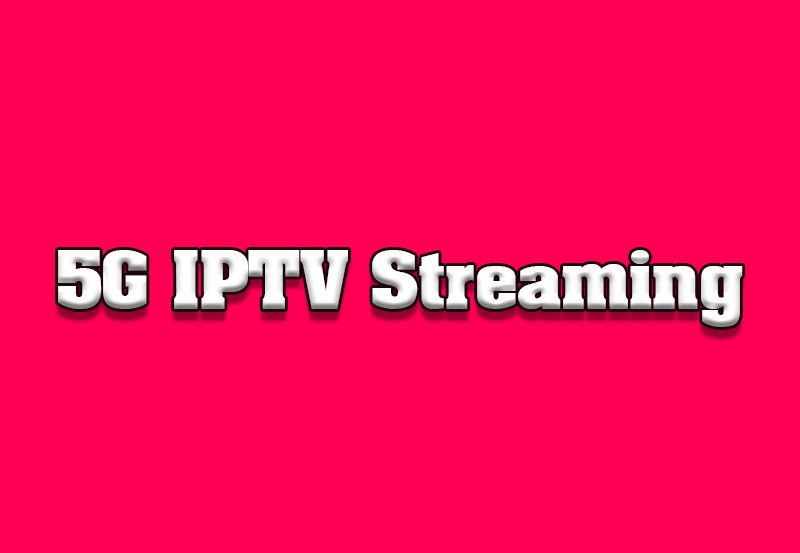Understanding IPTV: An Overview
The world of television has seen a dramatic evolution over the past few decades, with Internet Protocol Television (IPTV) being a significant player in this transformation. Unlike traditional cable or satellite TV, IPTV delivers television content over the internet, offering a unique, flexible viewing experience. But this reliance on internet connectivity can often lead to an unstable IPTV connection, affecting your viewing pleasure.
IPTV is highly popular because it provides access to a wide range of channels and content, sometimes at a more cost-effective rate than conventional services. However, the quality of your IPTV service can vary widely depending on several factors that we’ll explore in detail throughout this article.
In this guide, we’ll uncover the top reasons for IPTV connection issues and discuss practical solutions to help you maximize your viewing experience. Let’s dive into the intricacies of IPTV!
Common Causes of Unstable IPTV Connections
1. Insufficient Internet Bandwidth
One of the primary causes of an unstable IPTV connection is insufficient internet bandwidth. A smooth IPTV experience requires a stable, high-speed internet connection. If your internet speed is slow or fluctuating, your IPTV service will likely buffer, lag, or even disconnect.
Many users underestimate the importance of bandwidth in streaming service quality. Perhaps you’re sharing your internet connection with multiple devices, or maybe your internet plan doesn’t meet the necessary requirements for high-definition streaming. In such cases, upgrading your internet plan could be the best solution.
- Check your current internet speed using a reliable speed test tool.
- Consider upgrading if your plan is insufficient for seamless streaming.
2. Network Congestion and Interference
Network congestion occurs when too many devices are connected to your network simultaneously, leading to performance issues. This overuse can slow down your connection, resulting in an unstable IPTV service.
Moreover, wireless networks are susceptible to interference from other electronic devices like microwaves, cordless phones, and other Wi-Fi networks in close proximity. This interference can greatly affect your IPTV signal quality, causing annoying buffering and drops.
- Limit the number of devices connected to your network while streaming.
- Use a wired connection for your IPTV if possible.
- Place your router in a central location, away from potential interference sources.
3. Server Overload from IPTV Provider
At times, the instability might not be on your end but instead due to server overload from your IPTV provider. Popular channels or high-demand events can create a bottleneck, leading to buffering or streaming interruptions.
To mitigate this, consider choosing providers with robust infrastructure or those who have a good reputation for handling peak loads efficiently. Researching customer reviews about the best IPTV service providers can be insightful in making an informed decision.
- Look for IPTV services that offer load balancing features.
- Opt for providers known for maintaining stable server performance.
4. Faulty IPTV Setup and Configuration
A common but often overlooked cause of IPTV instability is a poor setup or configuration. Elements like outdated apps, incorrect settings, or poor-quality devices can contribute to an erratic IPTV experience.
Ensure that both your software and hardware are up-to-date and properly configured. Regular updates and consultation with technical support from your IPTV provider can resolve many of these issues from the outset.
- Update your IPTV apps regularly.
- Check and adjust your IPTV settings according to the provider’s recommendations.
Optimizing Your IPTV Configuration
Adjusting Your Router Settings
Your router is the gateway between your devices and the internet, and its configuration can dramatically affect your IPTV stability. Simple tweaks can enhance streaming quality persistently.
Begin by ensuring your router is set to the correct frequency band, typically 5GHz, which offers better performance for video streaming. Additionally, enabling Quality of Service (QoS) settings can prioritize your IPTV traffic over other data.
- Switch to 5GHz frequency for reduced interference and better performance.
- Enable QoS settings to prioritize streaming data.
Using M3U Playlists Effectively
M3U playlists are a crucial element of IPTV for managing and organizing your channels. However, these playlists can also impact streaming efficiency.
Ensure your M3U playlists for IPTV are clean and up to date, removing any broken or unavailable links. This routine maintenance can significantly enhance your viewing experience by reducing buffering and connection drops.
- Regularly update your M3U playlists for optimal performance.
- Remove expired or non-working M3U links to minimize loading time.
Maintenance of Hardware and Software
Like any technology, your IPTV setup requires periodic updates and maintenance. Whether it’s a firmware update for your router or a new software version for your IPTV app, staying current helps in avoiding compatibility issues.
Buy 1 Year IPTV and Enjoy Unlimited Content
Additionally, invest in high-quality equipment such as reliable routers and streaming devices to help ensure a stable IPTV connection.
- Keep your hardware’s firmware updated for optimal functioning.
- Use high-performance equipment to support streaming demands.
Securing Your Network
A secure network not only protects your data but can also prevent unauthorized users from hogging bandwidth, which is crucial for maintaining a stable IPTV connection.
Regularly update your Wi-Fi password and use WPA3 encryption if available. Additionally, consider installing firewall software to monitor and control incoming and outgoing network traffic effectively.
- Change your Wi-Fi password routinely for network security.
- Use the latest encryption standards, such as WPA3.
Troubleshooting Common IPTV Issues
Buffering and Lag Issues
Buffering is arguably the most common IPTV complaint. It often stems from bandwidth limitations or server issues. While increasing bandwidth can help, there are other strategies you can employ to minimize buffering.
Try adjusting your stream quality settings to match your current bandwidth capabilities. Lowering stream resolution might not glamorize your viewing experience, but it can certainly make it more stable.
- Adapt stream quality to align with available bandwidth.
- Consider using Ethernet connections over Wi-Fi for improved stability.
Subscription Authentication Problems
Another issue users encounter is related to subscription and authentication failures, typically when channel access is denied or blocked. This can occur due to incorrect login details or account-related restrictions.
To resolve these issues, verify your login credentials and contact your IPTV provider if continued problems ensue. Regularly update your subscription details and settings to avoid unauthorized access limitations.
- Ensure login details are correct and current.
- Reach out to your provider for login issues and technical support.
Image and Sound Quality Concerns
Intermittent or poor image and sound quality can tarnish the IPTV experience. These issues are often rooted in signal strength or network performance. Ensuring your devices’ settings are correctly configured can help mitigate these quality concerns.
Verify your stream settings and optimize the resolution to match your device capabilities best. Additionally, maintaining a strong network connection by using wired connections can largely improve both image and sound clarity.
- Match stream resolution with device capabilities for optimal results.
- Use wired network connections to reduce signal loss.
Maximizing Your IPTV Experience
Selecting the Best IPTV Service
By choosing the best IPTV service, you set the foundation for a hassle-free viewing experience. Consider factors like the service’s channel range, pricing, customer support, and especially its reliability when under heavy demand.
Research services by reading user reviews and exploring trial periods to determine the best fit for your IPTV needs. A reputable provider with robust infrastructure can offer smoother streaming with fewer interruptions.
- Explore user reviews to gauge service reliability.
- Utilize free trials to test service quality before committing.
Utilizing Quality IPTV Equipment
Investing in quality IPTV equipment can significantly augment your viewing experience. From HD-compatible screens to responsive streaming devices, having the right tools can make all the difference.
Consult product reviews and seek expert recommendations to acquire gear that complements your IPTV setup seamlessly, ensuring optimal interaction and flexibility.
- Choose equipment designed to support HD and UHD streaming.
- Review expert recommendations for performance-oriented devices.
Regular Updates and Security Measures
Frequent updates and security measures are pivotal in maintaining a robust IPTV experience. In the face of rapidly advancing technology, staying updated with both device and application versions prevents lapses in compatibility.
Employ comprehensive security solutions to safeguard your IPTV setup from potential threats, allowing you to stream safely without unwanted disruptions.
- Schedule regular updates for apps and devices involved in IPTV.
- Utilize antivirus and anti-malware software for network security.
Exploring Additional Features
Advanced IPTV services often include unique features like video recording, on-demand content, and interactive channels, which can enrich your entertainment portfolio significantly.
Take full advantage of these features to enhance your viewing pleasure, customizing your TV experience to fit your lifestyle and preferences seamlessly.
- Experiment with on-demand content for flexible viewing options.
- Explore interactive features for an engaging TV experience.
Anticipating Future IPTV Trends
Emerging Technologies in IPTV
The future of IPTV is incredibly promising, with emerging technologies set to redefine how we consume media. Advancements in 5G connectivity open doors for virtually lag-free, high-definition streaming experiences. As this technology rolls out globally, it will shore up IPTV’s reliability, particularly for those living in areas with patchy internet infrastructure.
Additionally, Artificial Intelligence integration promises customized viewing experiences, allowing providers to tailor content based on individual preferences, thereby maximizing user engagement. Staying informed and prepared for these technological shifts will keep you ahead in the IPTV landscape.
- Keep an eye on 5G developments to benefit from improved streaming.
- Explore AI-driven features for personalized content recommendations.
Changing User Preferences and Demands
User preferences are continually evolving, driven by both technological advances and lifestyle changes. With an increase in on-demand streaming services, traditional viewing schedules are becoming less relevant. IPTV providers must adapt by offering flexible, high-quality, and diverse viewing options.
This trend emphasizes customization, encouraging users to demand platforms that cater intuitively to their viewing habits. Adaptability in service offerings will become a key competitive advantage for IPTV providers going forward.
- Look for services emphasizing flexible, on-demand viewing options.
- Evaluate providers based on their adaptability to changing demands.
Legal and Regulatory Considerations
As IPTV continues to grow, so too does the legal scrutiny over content delivery. Regulations surrounding licensing, broadcasting rights, and service compliance are becoming increasingly stringent. Providers and users alike must familiarize themselves with these legal frameworks to ensure smooth service usage.
Proactively understanding and adhering to local and international regulations can mitigate risks associated with illegal content streaming, helping users enjoy IPTV responsibly and providers maintain service integrity.
- Stay informed about current IPTV-related regulations in your region.
- Avoid services that do not comply with licensing and broadcasting laws.
The Role of User Feedback in Service Improvement
User feedback is integral to the continuous improvement of IPTV services. Providers rely on customer input to identify areas in need of enhancement, creating a more satisfying user experience.
Engage with your service provider by providing honest feedback regularly, and look for providers that visibly act on user suggestions. Such transparency is often indicative of a proactive service committed to user satisfaction.
- Actively provide feedback to your IPTV provider for service improvement.
- Select providers that prioritize user input for ongoing enhancement.
FAQ About IPTV Instability

What internet speed is ideal for IPTV streaming?
For a smooth IPTV experience, a minimum internet speed of 15-25 Mbps is recommended, particularly for HD streaming. Higher bandwidth may be necessary if multiple devices are connected to the network simultaneously.
Can a VPN improve my IPTV connection?
Using a VPN can help in bypassing geo-restrictions and reducing throttling by ISPs, which might improve IPTV connection stability. However, it may also add latency, so choose a reputable VPN with minimal speed loss.
How often should I update my IPTV software?
It’s crucial to keep your IPTV software regularly updated to ensure compatibility with your provider and to benefit from the latest features and security improvements. Check for updates at least once a month.
Are there specific routers recommended for IPTV?
While most modern routers can support IPTV, routers with QoS settings and dual-band features, such as certain models from Asus or Netgear, are often recommended for optimizing IPTV performance.
Why is IPTV buffering despite high internet speed?
Buffering can occur due to network congestion, server overload at your IPTV provider, or interference. Troubleshooting involves checking for any local network issues, changing servers if possible, or contacting your provider for support.
Are free IPTV services reliable?
Free IPTV services often come with limitations such as lower server capacity, resulting in frequent buffering and a less reliable connection. Paid services usually offer better stability and support.
What role does M3U play in IPTV setup?
M3U playlists are used to organize and load IPTV channels efficiently. Keeping playlists updated ensures that you’re accessing active, functional links for optimal streaming performance.
The Impact of 5G on IPTV Streaming Quality





